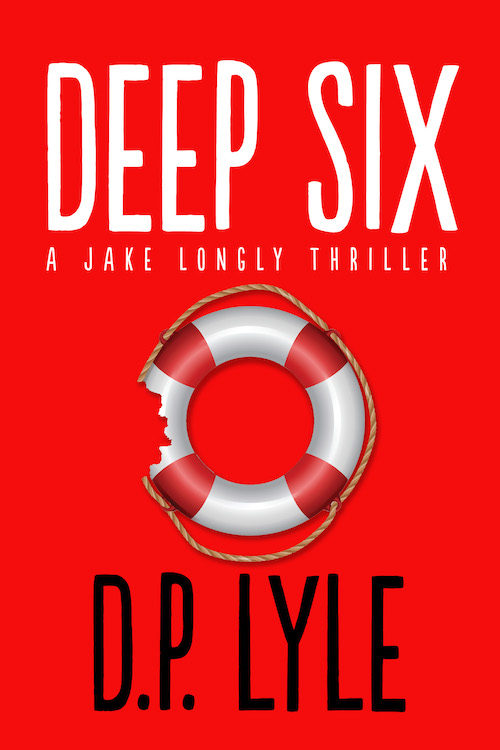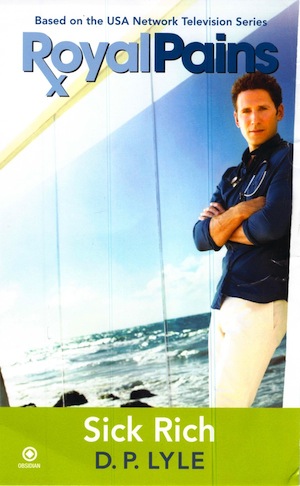One of my wife’s favorite movies is The English Patient, primarily because she loves Ralph Fiennes, the male lead. I like it because the depiction of amnesia is very realistic. The word comes from Greek and refers to a memory disturbance, and the experience is more global than a person being able to recall who he or she is.
Memory is a complex process that includes recognizing an event, person, or object and then storing it in the brain. But memories are of no value unless they can also be retrieved. Typically, amnesia results from disrupting either the laying down or the retrieval of memory. The causes have traditionally been divided into “organic” or “functional.” Organic causes include damage to the brain through physical injury (like the plane crash in The English Patient), neurological disease such as Alzheimer’s disease, or the use of certain (generally sedative) drugs (my favorite is alcohol). Functional causes are psychological factors such as mental disorder, post-traumatic stress or, in psychoanalytic terms, defense mechanisms.
As we experience things the circuits in our brain are activated and monitored by the process we call consciousness. This is purely an electrical phenomenon served by multiple networks of neurons. The moment our attention turns to something else, so does the firing of the involved neurons. But for several seconds a trace of activity remains, just like the spot that lingers after staring into a bright light and closing your eyes. This is the first hint of memory, because the trace is now of something in the past. If this is not worth saving the signal is overtaken by other experiences. If, however, it’s something we want to remember a chemical reaction begins that takes several hours. Scientists are not exactly sure how memories are stored chemically, but hints suggest it involves a protein. Sleep, particularly slow-wave sleep, probably has a significant role in consolidating memories.
Also poorly understood is how memories are retrieved and brought back to consciousness. Specific brain areas, such as the temporal lobe, are rich in memories, but removal of a temporal lobe does not necessarily result in significant memory loss. However, the destruction of both hippocampi results in the inability to lay down or retrieve memory.
So what does this have to do with Doug’s forensic theme? Well, for one thing, it points out how fragile the entire memory process is, how easily it may be influenced, and that one of the first things a good defense lawyer will attack is a witness’s memory.
Dr. Allen Wyler, a native of Seattle, WA, is the author of the medical thrillers DEAD HEAD and DEADLY ERRORS. He practiced neurosurgery for many years before retiring to become Medical Director for Northstar Neuroscience, a start-up medical technology company. In 2007 he left that position to write full time.



























Karen in Ohio
May 1, 2010 at 12:38 pm
Thank you for this information, Dr. Wyler, it makes a lot of sense.
Many years ago I was involved in a very bad car accident, and fortunately not injured beyond a pretty bad whiplash reaction (that still affects me, 35 years later). But the interesting thing to me was how I could never recall the exact moment of impact. I could see the truck approaching in my side window, and can vividly recall the shower of glass sparkles that fell from my hair when the car finally stopped, but there is nothing but a blank regarding the accident itself. Do you think this is a defense mechanism, of sorts? I’ve often wondered about this.
Thank you,
Karen
LikeLike
D.P. Lyle, MD
May 1, 2010 at 1:02 pm
The brain is an amazing thing and it does indeed sometimes block unpleasant memories. So your forgetting the impact could be just that.
DPL
LikeLike
beth
May 2, 2010 at 3:30 pm
Years ago on a medical mission to a remote and rather primitive area, we had some very unusual and uncomfortable experiences. For years I recounted the events of that terrible day to friends and colleagues, telling each incident in the order it happened. Two years later, over lunch, two of us on the trip were telling another colleague about that day. I was speaking. At one point, Tim interrupted: “You left out…” And with his START of the recounting of that one incident, the entire memory came flooding back to me instantly. It was terrible and traumatic. My first thought was, “What else have I forgotton?” I have new appreciation for my patients’ memory losses.
LikeLike